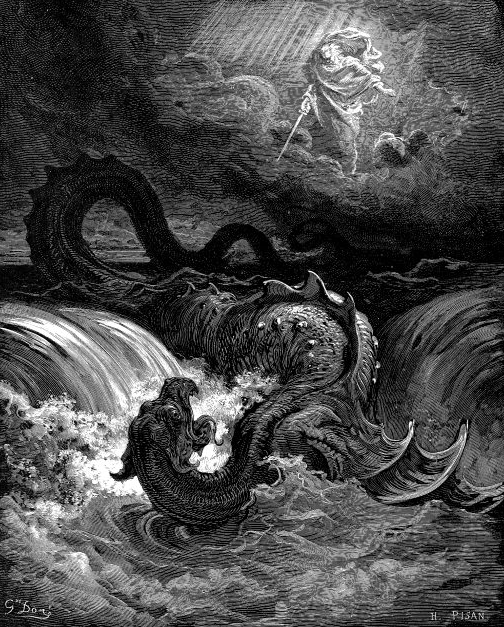By Bob Hicks
In his time Mr. Scatter has done a lot of editing, sometimes with the lightest of fingers and sometimes with a bloodied ax.
He has ruthlessly rewritten. Many years ago he was put in charge of “fixing” a writer so bad that he recomposed, and even re-reported, every inch of every story she turned in, begging all the while with his own boss that he please god please do the right thing and fire her so she could become an outstanding tax preparer or short-order cook or anything other than a newspaper reporter, which despite her byline and weekly paycheck she decidedly was not.
 Then she took a batch of her rewritten stories, entered them into a prestigious professional competition, and strutted off with a passel of awards. That experience has made Mr. Scatter deeply suspicious of awards ever since. It also played a crucial role in the briefness of his own tenure at that particular less-than-august journal of news and opinion, a place that greeted him on his first day of work with a single rule, banning in-house sexual fraternization: Don’t dip your pen in the company ink. That the prize-winning “writer” was regularly inking and dipping with the publication’s owner did not help Mr. Scatter’s position, although it seemed to do wonders for her own.
Then she took a batch of her rewritten stories, entered them into a prestigious professional competition, and strutted off with a passel of awards. That experience has made Mr. Scatter deeply suspicious of awards ever since. It also played a crucial role in the briefness of his own tenure at that particular less-than-august journal of news and opinion, a place that greeted him on his first day of work with a single rule, banning in-house sexual fraternization: Don’t dip your pen in the company ink. That the prize-winning “writer” was regularly inking and dipping with the publication’s owner did not help Mr. Scatter’s position, although it seemed to do wonders for her own.
On the other hand, he has had the joy of editing writers so adept at what they’re doing that all he had to do was wave a red cloth casually in their direction and salute in admiration as they went thundering through.
Great artists are also great self-editors, as Mr. Scatter was reminded the other evening when he watched a program of dances created by Martha Graham. Her style was to make big bold sweeps through space, but they were always precisely the right sweeps: nothing extra, nothing tenuous. Every movement became an inevitability, as undeniable a conclusion as Beethoven’s bum-bum-bum-BUM. Any editor who messes around with stuff like that is either a damned fool or being paid by the hour.
Mr. Scatter has been reading Margaret Atwood’s novel The Handmaid’s Tale, after all these years of good intentions as he’s watched it sitting and waiting on his bookshelves, and he’s glad he’s finally got around to it. It’s a fine novel, one he wants to consume in long slow draughts.
To break it up he’s also been reading Books: A Memoir, Larry McMurtry’s light and breezy string of vignettes about his life in the antiquarian book business (with brief side notes on his career as a successful novelist and screenwriter).
In Chapter 98 — the chapters are short; it’s page 235 — McMurtry writes about coming across an old copy of The Whale, which is the British title for Moby-Dick:
(I)t appeared from a note in the book that this copy had been the working copy of the once acclaimed, now forgotten author Charles Reade, famous for “The Cloister and the Hearth,” whose job was to edit “The Whale” down to a handier and possibly more salable one-volume edition.
We were unable to buy this book, but we did note that Charles Reade was not a man to be intimidated by a mere American classic.
He began his editorial work by drawing a bold line through “Call me Ishmael.”
Using, we can only imagine, the company ink.
*
ILLUSTRATION: Mr. Scatter preparing to edit an unruly submission. OK, OK. Actually, it’s “Destruction of Leviathan,” an 1865 engraving by Gustave Doré. Wikimedia Commons.